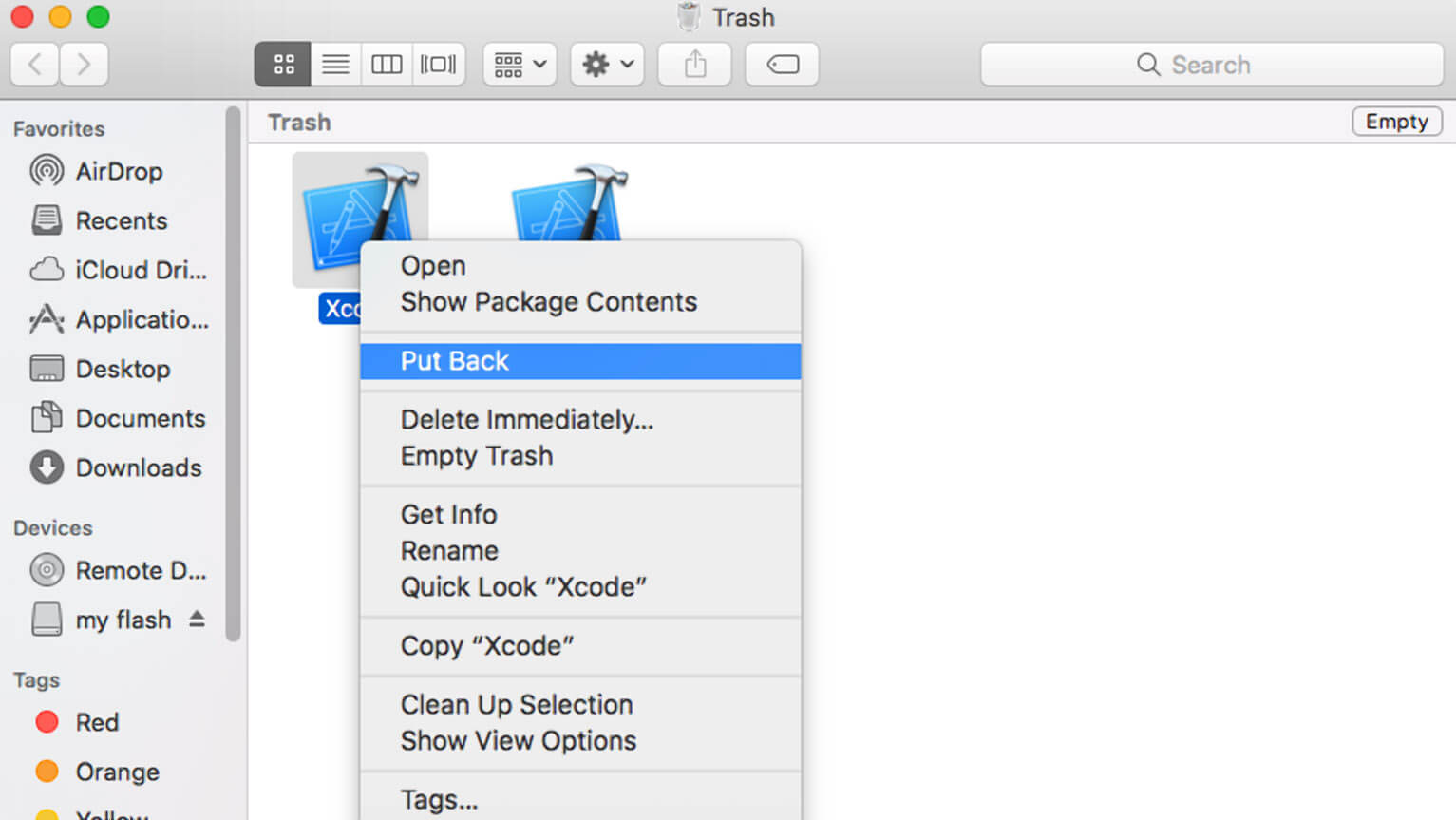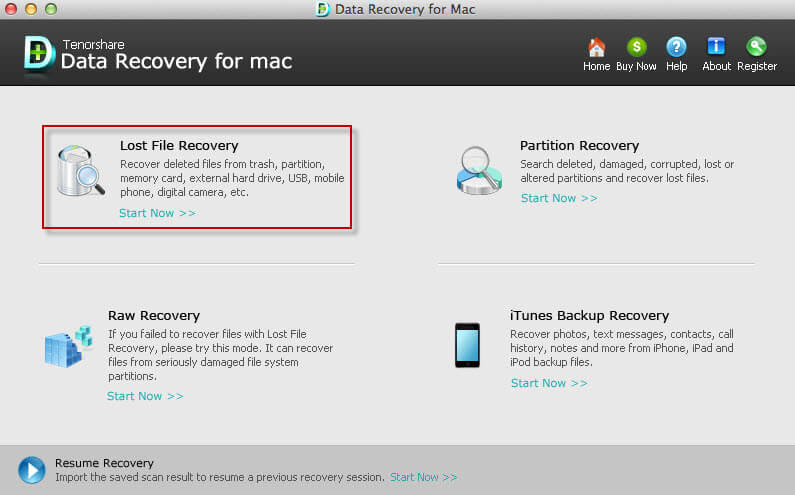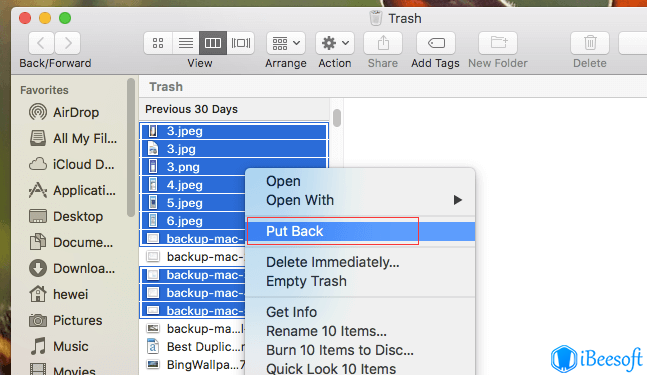

Granted, it can be tricky to recover files from an SSD because of a process known as TRIM. The process and likelihood of the recovery will depend on how you deleted them, but there’s a big chance they’re still somewhere in your HDD or SSD. Is It Possible to Recover Deleted Files on a Mac?Ībsolutely! It is possible to recover deleted files on macOS.
FIND DELETED FILES MAC HOW TO
In this article, we’ll teach you how to undelete files on a Mac and even recover permanently deleted ones. The technology for recovering files has gone so far that you can practically do this by yourself. Thankfully, there are several ways you can recover deleted files on a Mac.
FIND DELETED FILES MAC PROFESSIONAL

Then, you can browse through the items and restore the ones that you want.
FIND DELETED FILES MAC SOFTWARE
Just like EaseUS, the software performs an in-depth scan on your Mac and shows the deleted files. When it comes to retrieving data fast and securely, Wondershare’s Recoverit is up to the mark. Would you like to explore more efficient data recovery tools for Mac? Just in case, you aren’t pleased with EaseUS or want to take a peek at some other alternatives, here are a couple of notable options.

Note: You may be asked to allow the macOS to load the extension. Now, wait for some time until the process is complete. Then, select the files you wish to get back and click on Recover Now. You can view the scan results in the left pane. Next, the data recovery software will perform a deep scan to retrieve the deleted files. Once you have found the items you would like to retrieve, click Restore and you are ready to go!ģ. Now, you can use the arrows and timeline to browse all the backups.ģ. The quickest way to get it done is by using Spotlight.Ģ. To get going, fire up Time Machine on your Mac.So, if you have used this super handy macOS feature, you can comfortably get back all of your lost items on your Mac. And this is where Time Machine has a role to play. Restore Items Backed Up with Time Machineįrom what I have experienced over the years, I can say that it really pays to keep the backup of everything that matters to you so that even if something goes wrong, you will continue to be on the safer side of the spectrum. Once your work is done, I would recommend you hide this folder again for security purposes simply by replacing “TRUE” with “FALSE” on the first line.ĭefaults write AppleShowAllFiles FALSE killall Finder 3. You can now view your files in.Trashes” folder and retrieve the ones that are important to you. Make sure to hit enter after each line.ĭefaults write AppleShowAllFiles TRUE killall FinderĢ. Open the “Terminal” app on your Mac and then paste the below given commands.Now, find the item you want to cover and then right-click on it. Supposing you haven’t cleaned up your items permanently or it has not been thirty days since your last cleanup, follow the quick steps to recover your files.Ģ. After that, they are automatically deleted.

However, even if you don’t delete the items, they stay in the Trash for just 30 days. The files that you put in the Trash stay there until you permanently delete them from there. Whatever is the case with you, let me show you how you can retrieve those deleted items on your macOS device!ġ. But what if you have wiped out the entire Trash? Well, even in this situation, you have multiple ways and means to get back your data. And you can bring them back to life with a simple drag and drop gesture. In fact, if you haven’t yet emptied the Trash, those items will be safe there. I can assure you that retrieving the accidentally deleted data on macOS is not a big deal.


 0 kommentar(er)
0 kommentar(er)
